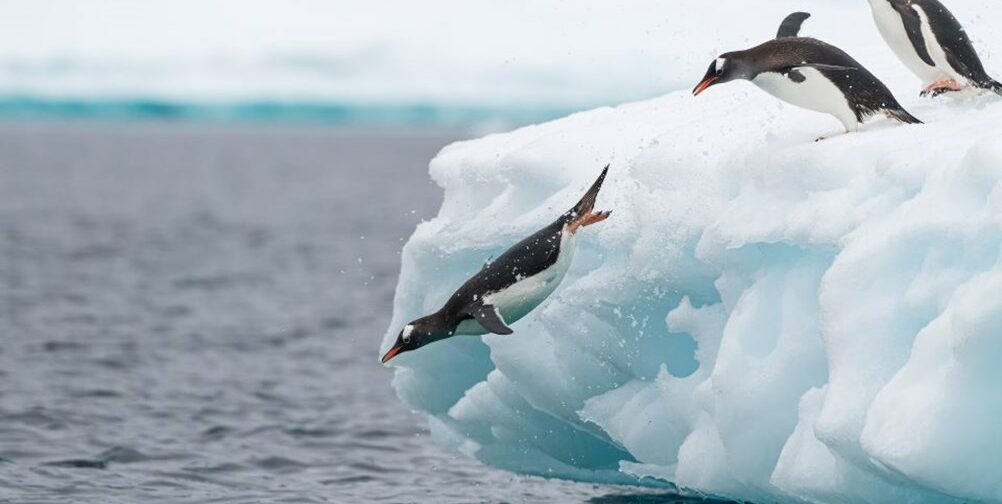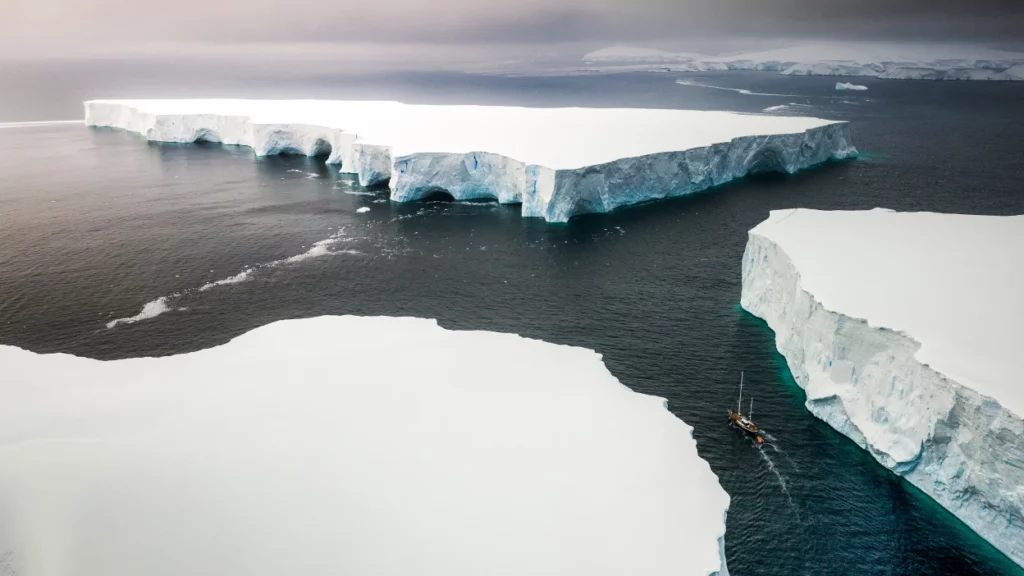The world’s media, always so quick to jump on stories about climate change and Antarctica, especially the pronounced warming of the West Antarctic ice sheet, decided to take a pass on the latest press release from Science about a new paper saying the asymmetric warming of West Antarctic is in fact due to natural climate variability. And as the Global Warming Policy Forum pointed out, their silence this time was conspicuous. Maybe they’re finally realizing science is hard and nature is full of surprises.
Science is especially hard for reporters who aren’t climate scientists and don’t exactly spend a lot of time exploring the debate or reading about science generally. And one doesn’t find oneself trying to fit “The internal origin of the west-east asymmetry of Antarctic climate change” to a catchy melody. Especially not the opening “Abstract” about how “by analyzing observational data and multimodel results, we show that a west-east asymmetric internal mode amplified in austral winter originates from the harmony of the atmosphere-ocean coupled feedback off West Antarctica and the Antarctic terrain.” But we can at least give a rousing send-off with “The current west-east asymmetry of Antarctic surface climate change is undoubtedly of natural origin because no external factors (e.g., orbital or anthropogenic factors) contribute to the asymmetric mode.”
One study does not make a field. And a team of scientists can write “undoubtedly” only to discover that some other team, or lonely eccentric, doubted it and tried to show something different. It’s how science works. But what’s weird is that journalism is meant to work by jumping on unexpected news and sharing it, especially if it’s good news in a planet sadly short of same.
To be sure, it’s not necessarily the case that this finding is good news. You might think when the dominant narrative is “Aaaaah, humans are destroying the planet” any finding that we’re not destroying it would come as a relief. But of course if it’s happening and it’s bad and it’s us, we might be able to stop doing it; if it’s not us, we might be helpless spectators.
Mind you another highly distorted aspect of climate change coverage is that it seems to hinge on a revived notion of Original Sin where every prospect pleases and only man is vile. In this “thought community” anything nature does is benign, harmonious and wonderful, including temperature changes (among those willing to admit they are and always have been a feature of the natural climate) and everything human-caused is bad. Which if taken at face value would mean we can stop worrying about West Antarctica, right, since we didn’t do it?
Oh dear. So much to think about. Better not to cover it at all.


